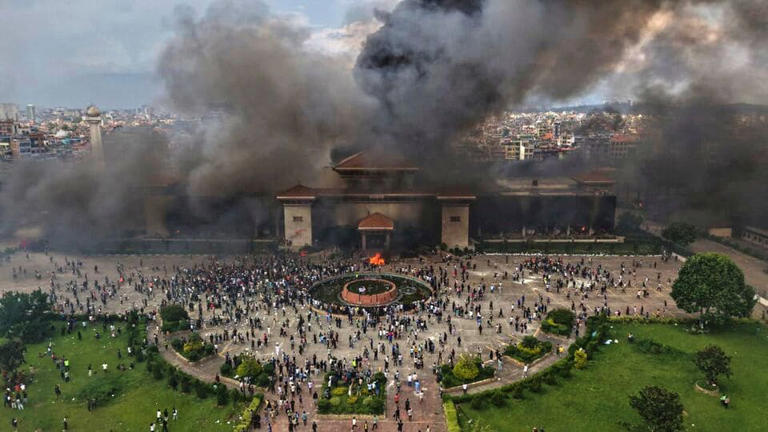Lessons from Nepal’s Crisis: Why Citizens Demand Fair and Transparent Governance
Published on Sep 11, 2025 by Compute Labs

Recent events in Nepal have captured global attention. Protests erupted after the government banned several social media platforms, which was later lifted following public backlash. But beyond the headlines, the movement reflects a deeper frustration among young people and ordinary citizens about corruption, unemployment, and lack of opportunity.
The Root Causes Go Beyond Social Media
While the ban on platforms like Facebook and YouTube triggered demonstrations, it was not the only reason people took to the streets. Citizens and the younger generation point to long-standing issues such as:
Unemployment — educated youth struggling to find stable work.
Corruption and bribery — a system that often favors those with money or influence.
Inequality — where political elites and their families enjoy privileges, while many citizens lack basic resources for a decent life.
This shows that dissatisfaction runs deeper than a single policy decision.
A Pattern We See in Governance Models
In my opinion, this type of governance model — often compared to systems where power is concentrated in a few families or elites — tends to neglect genuine citizen participation. At first, it might appear orderly, but over time, people recognize the imbalance. The young generation, in particular, has made it clear: they no longer accept governments that fail to listen to their needs.
Nepal’s case is not unique. Across the world, whenever citizens feel excluded, unrest follows. A system that ignores participation eventually loses the trust of its people.
The Way Forward
What Nepal is experiencing reminds us that:
Transparency in governance builds trust.
Fair opportunities reduce inequality.
Youth inclusion ensures long-term stability.
When citizens believe their voices matter, they are more likely to support reforms peacefully. Governments that embrace fairness and accountability are the ones that thrive in the long run.
Nepal’s ongoing situation is a powerful reminder of what happens when citizens, especially young people, feel excluded from their own future. While social media bans made headlines, the real story is about unemployment, corruption, and inequality.
The lesson is clear: for any nation to move forward, leaders must prioritize fairness, opportunity, and active participation of its citizens. Ignoring these necessities only widens the gap between people and power.